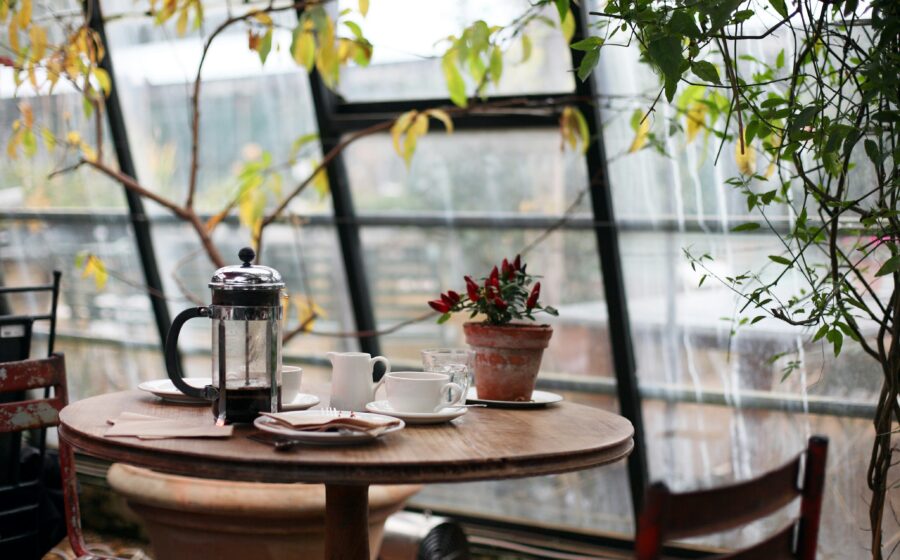✉️ This story was featured in this week’s Coffee News Club
👋 Get the Coffee News Club newsletter in your inbox weekly—sign up.
In cities across the world, a coffee war is raging, pitting independent specialty coffee shops against low-cost, tech-driven chains flush with investment cash.
In New York and London, venture capital-backed Blank Street Coffee is expanding quickly in two cities known for their established specialty coffee scenes. In Shanghai, China’s independent cafes are competing with Luckin Coffee’s deep pockets and low prices. In Seoul, indie coffee shops are trying to survive in a cut-throat price war with big chains and convenience stores, which often open right next door to their smaller rivals.
In Berlin, independent coffee shops are fighting their own interloper: LAP Coffee.
LAP, funded by U.S. investment firms, has opened 13 locations around Berlin in two years, offering convenience, slick branding, and cheap coffee. “Their pitch is to provide coffee that is good, fast and—most crucially—cheap,” reports The Berliner.
Phillip Reichel runs Isla Coffee in Berlin’s hip Neukölln neighborhood, and says LAP can sell cappuccinos for €2.50, which undermines the value of coffee. “We’ve been trying for years to show how valuable coffee is and why it has its price,” he said. Isla prices its cappuccinos at €3.50.
LAP (which stands for Life Among People) insists it isn’t trying to replace independent cafes and aims to attract a different demographic. In the article, the brand claims that its audience is “bike couriers, Gen Z students, and local artists,” although that sounds a lot like an independent cafe crowd. Much like Blank Street, LAP’s LinkedIn page describes its cafes as “micro-size hubs” and approaches coffee with “an emphasis on digitization” that “offer high quality products at a price point customers can afford.”
LAP has already opened stores in Munich and plans to expand to Hamburg next. Reichel, meanwhile, sees the company as an existential threat. “I think LAP Coffee will become increasingly present in the coming years and will displace many shops.”







